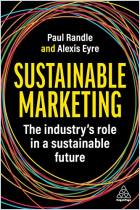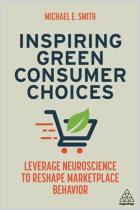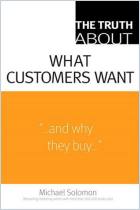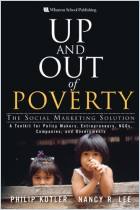Únase a getAbstract para acceder al resumen.

Únase a getAbstract para acceder al resumen.
Maria Piacentini, Susan Dunnett and Kathy Hamilton
Consumer Vulnerability
Routledge, 2019
¿De qué se trata?
Learn about vulnerable consumers’ needs, the influence marketers wield over this population and marketplace implications.
Recommendation
What responsibility do marketers bear when influencing vulnerable consumers? How might you even define a “vulnerable” consumer? Bringing together leading research in the field, Consumer Vulnerability explores the complex interplay between these demographics and the marketplace. Editors Maria Piacentini, Susan Dunnett and Kathy Hamilton’s comprehensive insights into consumer vulnerability spark dialogue about how to conceptualize vulnerability and improve the well-being of at-risk demographics. They encourage you to see vulnerability as a normal aspect of the human experience, not as an anomaly.
Summary
About the Authors
Maria Piacentini is a professor of marketing at Lancaster University’s Management School. Susan Dunnett is a senior lecturer in marketing at the University of Edinburgh. Kathy Hamilton is a professor with the University of Strathclyde’s marketing department and co-wrote New Directions in Consumer Research.




















Comment on this summary